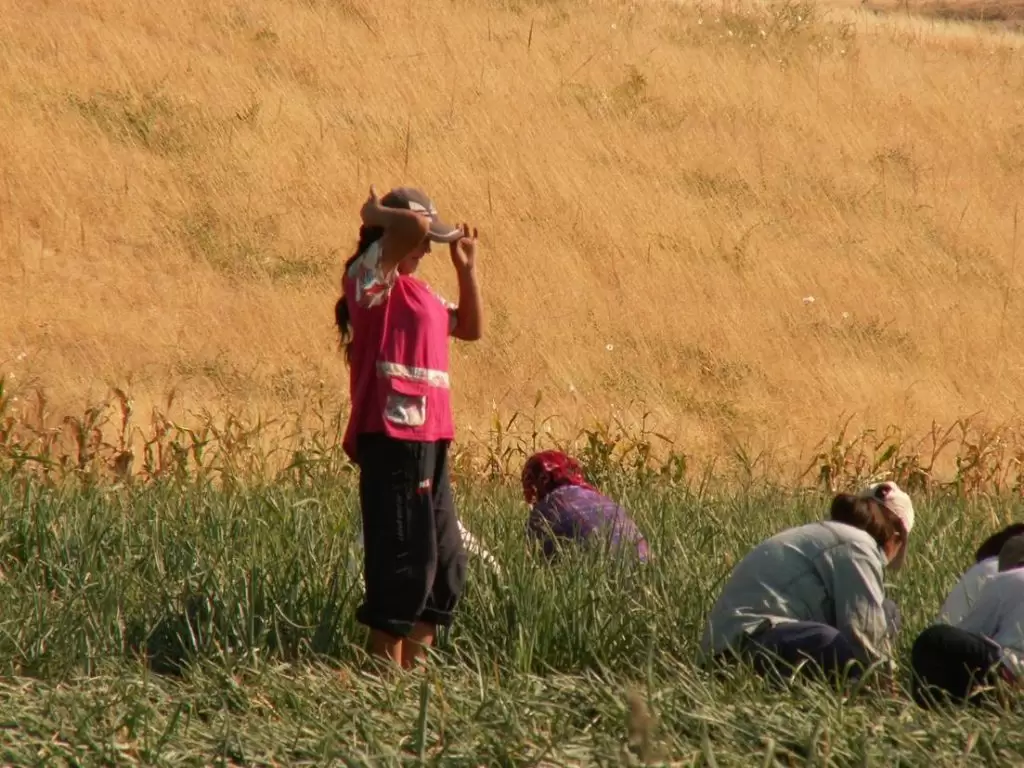Agriculture is the only sector in which child labour increased between 2016-2020 and with the pandemic, conflicts and disasters, the situation has only worsened. We are moving away from the target of ending child labour, not toward it.
On June 12, the World Day Against Child Labour (WDACL), there are still 160 million children working worldwide. Seventy percent of child labour is in agriculture: 112 million children working on small farms or plantations, often in hazardous conditions.
Child labour prevents many children from attending school or hinders their learning if they do attend. The commitments made by UN Member States to take immediate and effective measures to secure the prohibition and elimination of the worst forms of child labour by 2025 in all its forms remain a distant dream for children in agriculture.
The slogan for the WDACL 2023 is ‘Social Justice for All. End Child Labour!’ but this will not happen in agriculture without concrete, targeted action including ensuring access to and implementation of all ILO fundamental principles and rights at work.
On this WDACL (June 12, 2023) the IUF is calling for:
- effective implementation of the Durban Call to Action which includes actions to tackle child labour in agriculture
- promotion of the recently adopted ILO policy guidelines for the promotion of decent work in the agri-food sector; these guidelines include a chapter on the abolition of child labour and recommended that employers conduct due diligence in their operations to ensure that the minimum age for employment or work is respected and that the recruitment of adult workers does not involve the recruitment of those workers’ children
- negotiation with unions on decent and fair wages and employer promotion of fair pricing with commodity buyers and retailers with a view to preventing and eliminating child labour by improving wage outcomes for workers
